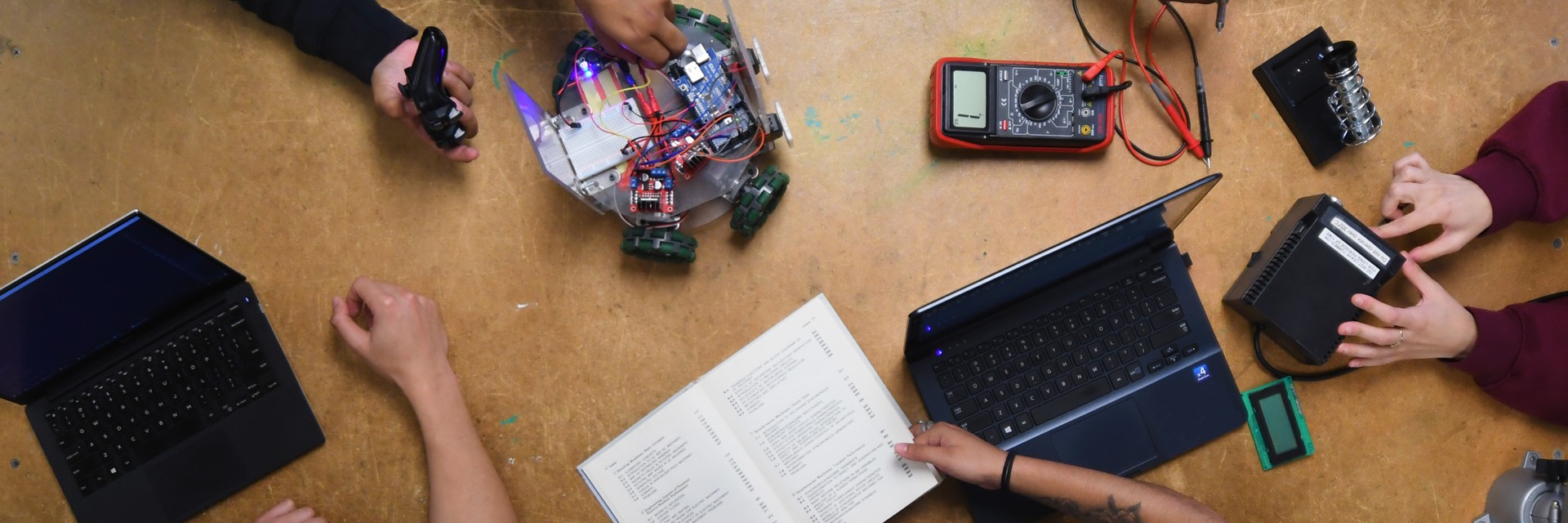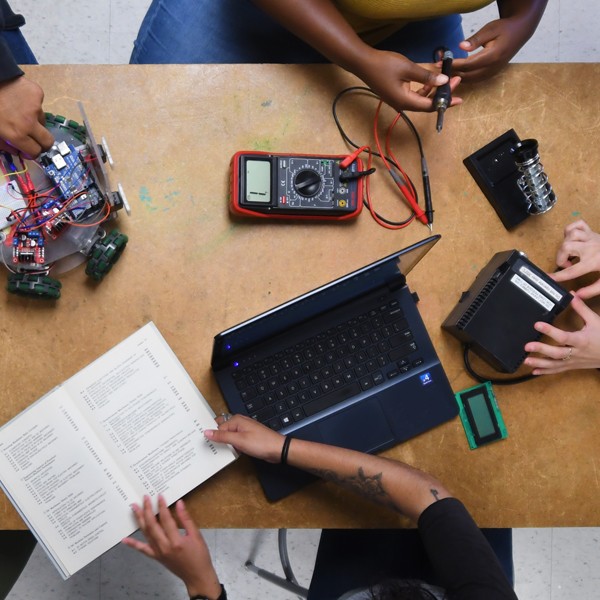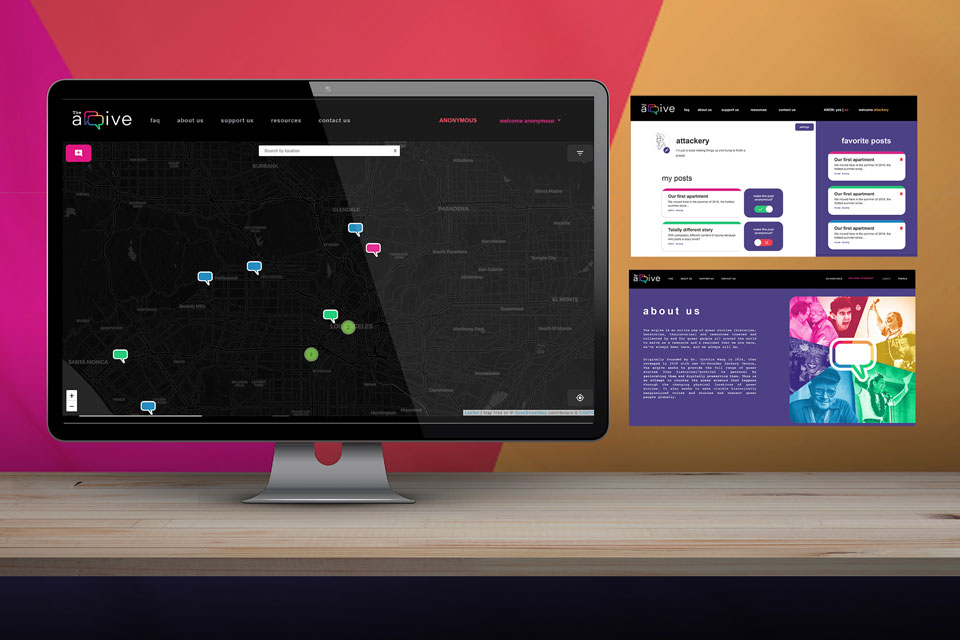Photo: Graphic rendering of The arqive user interface.
(Credit: Liz Sweeney and The arqive)
By Jillian Beck, Cal State LA News Service
A team of Cal State LA faculty members has been awarded a $100,000 grant from the American Council of Learned Societies to support the continued development of an interdisciplinary LGBTQ digital storytelling map.
The arqive is a free interactive, global online map of user-generated LGBTQ stories, history, current events and community resources. The goal of the project is to increase the visibility of LGBTQ stories and spaces and connect queer people globally to reduce social isolation.
“That’s what drives what we are trying to do with this: How do we make people feel less alone?” said Cynthia Wang, associate professor in the College of Arts and Letters’ Department of Communication Studies, who created The arqive.
The arqive was one of seven projects to receive a 2022 ACLS Digital Justice Development Grant. The grant program supports digital humanities projects that aim to diversify the digital domain, advance justice and equity in digital scholarly practice, contribute to public understanding of racial and social justice issues, and elevate the interests and histories of people of color and other historically marginalized communities, including queer, trans, and gender-nonconforming people. The Mellon Foundation funds the grant program.
Wang first created The arqive in 2014, inspired by an LGBTQ history course she was taking at USC and an experience she had during a trip to Hong Kong. While visiting her parents who had moved to the city, Wang tried to track down a gay bar online. She followed information she found in an old Yahoo! group, but the gay bar was nowhere to be found.
The experience, and what she was learning in the USC course, caused Wang to think more about the erasure of queer history and spaces and the importance of preserving and amplifying LGBTQ history. Shortly after, The arqive—originally called Global TraQs—was born, with the purpose of being a place where members of the LGBTQ community could share significant physical spaces, stories and narratives to create a network of knowledge and connect with one another.
Over the past three years, The arqive has become an interdisciplinary collaboration between academic departments in the College of Arts and Letters and the College of Engineering, Computer Science, and Technology, guided by Wang and co-founder and creative director Zachary Vernon, assistant professor in the Department of Art.
Art students helped with the aesthetic redesign of the project, communication students assisted with marketing and promotion, and computer science students, under the direction of computer science lecturer John Hurley, recoded and enhanced the website and developed a mobile app.
When visiting The arqive, users can search specific locations or regions and click colorful thought bubble icons to find historical facts about LGBTQ history, find places significant to the LGBTQ community, locate community resources and read personal narratives or add their own.
The name is a take on archive—a collection of information or records about a place, people, institution or historical moment. In “The arqive” the “q” stands for queer and symbolizes “going against or changing the norm or subverting the standard,” Vernon said.
“When we look at The arqive, it’s not top-down—it’s not just a scholarly website or archive, it is really the people’s archive,” he said.
The 2022 ACLS Digital Justice Development Grant will support the continued and improved technical development of The arqive, including the addition of features such as gamification and augmented reality. It will also support additional outreach and collaboration with community partners and the public to generate additional research and more user activity and will allow the project team to help ensure privacy and security features are in place to provide access and protection for users, regardless of where they are in the world.
“Being queer or being LGBTQ can be an invisible identity,” Wang said. “It can make for a really isolating experience—to feel like you are the only person that has this experience or feels this way.”
Vernon remembers feeling isolated growing up as a queer kid in Texas and not learning about LGBTQ history until college. He hopes projects like The arqive will change that experience for others.
“For kids coming up nowadays, to be able to look out and see the vast amount of history that we have, to get a better understanding of the community they inherently belong to and are the next ancestors of, is a really great takeaway,” Vernon said. “It makes the invisible, visible.”
For Wang and Vernon, the drive behind their work on The arqive is to remind LGBTQ people everywhere “that we are here, we’ve always been here, and we always will be.”
# # #
California State University, Los Angeles is the premier comprehensive public university in the heart of Los Angeles. Cal State LA is ranked number one in the United States for the upward mobility of its students. Cal State LA is dedicated to engagement, service, and the public good, offering nationally recognized programs in science, the arts, business, criminal justice, engineering, nursing, education, and the humanities. Founded in 1947, the University serves more than 26,000 students and has more than 250,000 distinguished alumni.
Cal State LA is home to the critically-acclaimed Luckman Fine Arts Complex, Pat Brown Institute for Public Affairs, Hertzberg-Davis Forensic Science Center, Hydrogen Research and Fueling Facility, Billie Jean King Sports Complex and the TV, Film and Media Center. For more information, visit www.CalStateLA.edu.


